What You Need To Know About Natural Sleep Remedies – 6 Natural Sleep Remedies (That You May Not Have Tried)
Natural Sleep Remedies (That You May Not Have Tried)
Overview
Natural Sleep Remedies – Sleep plays a profound role in overall wellness. A restful night not only restores energy levels but positively impacts almost every
Estimates suggest that about 35% of American adults have insomnia and are not getting enough sleep on a regular basis. Even while asleep, some people may experience excessive dreaming and frequent awakenings. Over time, poor sleep quality may increase your risk of chronic conditions like obesity and stroke.
There are many sleep remedies. Many people take help from sleeping pills and prescription medicines. However, drugs may stop working after a while as your body develops a tolerance for them. If you are experiencing sleep-related problems or simply want to enhance your sleep quality, know that nature offers a wide range of alternative sleep remedies that are just as effective.
Understanding melatonin and its role in sleep
Melatonin is a neurohormone our body produces in response to light and darkness. It is secreted by the pineal gland, which is a very small pinecone-shaped gland located deep in the center of your brain. The pineal gland takes information about environmental light conditions from the eyes and releases melatonin accordingly to regulate the sleep-wake cycle and circadian rhythm. For this reason, it is often called ‘the third eye’ or ‘seat of the soul.’ Of all the organs and hormones in the endocrine system, pineal melatonin is the least understood by science.
During the daytime, when there is sufficient sunlight, your melatonin levels are naturally low. This helps the brain stay active, focused, and ready to take on challenging tasks. After the onset of darkness, the body increases melatonin production to allow rest and relaxation. Melatonin levels peak at nighttime, lowering core body temperature and heart rate and taking you to a state of deep, peaceful slumber. In addition to this diurnal variation, your melatonin levels also have a seasonal rhythm, with higher levels secreted in the winter months (due to longer nights) and lower levels in the summer.
Among various natural and external factors that affect slumber, melatonin is considered the most important and plays a central role in sleep initiation and maintenance. While it is not essential for falling asleep, healthy melatonin secretion greatly enhances your sleep quality and helps maintain a normal sleep pattern. It also influences mood management, regulation of menstrual cycles, immune function, heart health, brain health, and blood sugar control.
If your body is unable to release enough melatonin at bedtime, you may find it harder to doze off or sleep poorly. Melatonin deficiency is known to cause insomnia, irregular sleep-wake rhythm, delayed sleep phase disorder (when you sleep after midnight and wake up late in the morning), and abnormal body clock.
Several factors can cause melatonin disturbance, which includes mental health conditions, high levels of stress, shift work, and certain medications. Some lifestyle factors like poor food choices, eating close to bedtime, high caffeine consumption, and exposure to bright light sources at night can also suppress melatonin, delaying sleep onset time.
6 natural sleep remedies for insomnia and sleep troubles
1. Melatonin-rich foods and supplements
Taking melatonin supplements before bedtime is extremely popular as one of the natural sleep remedies. Evidence shows that melatonin supplements may reduce sleep onset time and increase sleep duration. It appears to be especially beneficial for people who have an issue with the body clock, such as a delayed or advanced sleep cycle when you doze and wake up several hours later (or earlier) than what is considered normal.
Melatonin can also help correct the sleep cycle if you have recently traveled across time zones and experiencing jet lag symptoms. However, experts caution against using melatonin sleep remedies on a regular basis. According to a recent study by the American Academy of Sleep Medicine, the use of melatonin among US adults has risen four-fold in the last decade, even though its safety for long-term use is not clear. Moreover, commercial supplements often contain higher doses of melatonin, which may have undesirable side effects.
The good news is: you do not need those supplements. Melatonin is naturally found in a variety of foods, like tart cherries, goji berries, eggs, fatty fish, almonds, milk, and sweet potatoes, which you can easily include in your diet. When taken from natural sources, this sleep-promoting hormone also works as a potent antioxidant and reduces brain inflammation.
2. Chamomile
Chamomile tea is one of the oldest and most popular sleep remedies for insomnia and slumber problems. In traditional medicines, chamomile is revered for its profound effects on the endocrine system and is considered a nervine tonic. When taken before bed, it can reduce stress buildup, improve mood, promote relaxation, and support peaceful hormones.
Researchers have found that chamomile contains a flavonoid called apigenin, which can bind with GABA receptors in the brain and induce sedation. In a 2005 study, its sleep-inducing effects were compared to benzodiazepine (a drug medically used for insomnia and anxiety).
In a 2016 study, drinking chamomile tea for two weeks significantly reduced symptoms of postpartum depression and improved sleep quality. Taking chamomile supplements has also been found effective in elderly people and those with chronic pain conditions.
3. Turmeric
Drinking warm turmeric milk before bed is an age-old ritual to relieve pain, support healthful sleep, and encourage tissue healing. In numerous studies, turmeric has been found to increase the duration of slow-wave sleep, which is considered the deepest stage of sleep and plays a key role in memory consolidation and tissue repair. It also increases the secretion of serotonin, which stabilizes mood and is a precursor to melatonin.
The working mechanism of turmeric is a lot more intricate and comprehensive than pharmaceutical drugs or other sleep remedies. It does not have a sedative-like effect. But when taken on a regular basis, it works slowly and steadily to remove the underlying cause of insomnia and sleep disturbances, which is chronic stress.
Being a powerful adaptogen, turmeric improves your resilience to stress at all levels. Research suggests that curcumin and other plant compounds found in turmeric can correct hypothalamic–pituitary–adrenal disturbances, lower cortisol secretion, neutralize free radicals, and modulate inflammatory pathways to protect your brain from chronic stress. It is currently being studied as an integrative therapy for depression, anxiety disorders, chronic social defeat stress, and memory decline.
4. Essential oils
Inhaling beautiful aromas before bedtime is a time-honored way to relax muscles and prepare the mind for a deep, rejuvenating siesta. Our sense of smell is directly linked with the limbic system of our brain, which is responsible for survival instincts and emotional responses like memory, learning, reward, pleasure, motivation, thirst, hunger, fear, and anger. Aromatherapy uses this link between smell and emotions to create favorable conditions for healing.
Evidence suggests that inhaling essential oil sleep remedies from certain plants can sedate the central nervous system, improve melatonin levels, and support an easy transition to sleep.
Lavender: Lavender is one of the well-known sleep remedies and well-researched for its sleep-promoting effects. In a 2019 study, lavender increased melatonin levels in older adults, which resulted in improved sleep quality and daytime vigor. In a recent 2021 study that used brain imaging techniques, researchers found that sleeping in a room filled with lavender aroma could increase theta and delta brain waves, which are immensely beneficial for mental health and help reset the stress response system.
Roman chamomile: Apart from its delicate floral aroma, which comforts the nervous system and induces a sense of calm, chamomile promotes sleep through multiple mechanisms. Chamomile is probably one of the most popular sleep remedies next to lavender. Research shows that inhaling its vapors can alleviate pain, relax muscles and the spine, lower heart rate, calm a restless mind, and improve levels of sleep-promoting hormones.
Cedarwood: Cedarwood has been used for centuries in aromatherapy to support mental and emotional wellness. It contains a compound called cedrol, which works as a mild sedative and improves mood. Inhaling its healing aroma is also known to reduce blood pressure, heart rate, and hypertensive headaches.
Frankincense: The warm, balsamic aroma of frankincense lowers psycho-emotional anxiety and harmonizes the mind. Unlike other sleep-inducing oils, frankincense does not reduce mental alertness but rather promotes a sense of serenity. It has been found to improve sleep onset time and help with stress-related sleep problems like sleeplessness, excessive dreaming, oversleeping, frequent awakenings, and morning fatigue. Frankincence is one of the natural sleep remedies with additional health benefits.
Clary sage, sandalwood, neroli, bergamot, ylang-ylang, basil, geranium, valerian, and spikenard oils are also known to be effective sleep remedies that help improve sleep quality and promote hormonal balance.
When diffusing essential oils, always keep your room well-ventilated to avoid olfactory fatigue. Also, if you want to use them on daily basis, keep the concentration on the lower side and switch to a different oil (or blend) every now and then. You can keep two blends for the purpose and use them alternately for maximum efficacy.
5. Brahmi
A highly esteemed herb in ayurvedic medicine, Brahmi (Bacopa) has been historically used to improve sleep, memory, learning, mental clarity, and overall mental and emotional wellness. It is categorized as a special class of nootropic herbs that promote brain rejuvenation and prevent premature aging of brain cells.
Research suggests it may have sedative, antidepressant, mood-lifting, anxiolytic, and neuroprotective effects. In a 2011 clinical trial, Brahmi reduced work-related stress and increased deep sleep duration in healthy adults. Participants also reported feeling more energetic and focused during the daytime.
Studies have shown that Brahmi can increase blood flow to the brain’s hippocampus region, protect cells from amyloid-beta-induced toxicity, lower oxidative stress, and reduce the risk of Alzheimer’s disease. Brahmi is used in ayurvedic medicine as one of the lesser-known sleep remedies
6. Valerian and Jatamansi (spikenard)
Valerian is gaining popularity as one of the sleep remedies used by natural health enthusiast today. Valerian is a deeply
Valerian pacifies the mind, calms emotional turbulence, and induces sleep through multiple mechanisms. Research suggests it may increase the levels of GABA and monoamine neurotransmitters in the brain, which are responsible for relaxing muscles and reducing mental activity. Jatamansi (spikenard), which is a close cousin from the same family, is known to have even more potent sedative effects.
Valerian and Jatamansi supplements are also helpful in conditions like rheumatism, fibromyalgia, neuropathic pain, migraines, stress headaches, menstrual cramps, back pain, and muscle aches.
Lifestyle sleep remedies for improving sleep quality
Taking supplements or natural sleep remedies is not the only to improve sleep quality. The following are some lifestyle changes you can make to help improve your sleep quality.
Improve your sleep hygiene: Creating healthy habits like going to bed at the same time every day, having an early dinner, avoiding screens, and spending time with your loved ones instead can go a long way.
Get some light: Not getting enough sunlight during the daytime could also be a possible reason for melatonin disruption. The body’s internal clock takes cues from sunlight. Sunlight also provides much-needed vitamin D, which plays a key role in melatonin production, sleep regulation, and mood management.
A
Manage stress: Chronic stress and sleep problems often reinforce one another in a vicious cycle. Try to minimize stress by investing in self-care, deep breathing exercises, yoga, and meditation practices.
Relaxation techniques: Simple techniques like relaxing in a magnesium foot soak, enjoying an aromatic bath, giving yourself a foot massage, or listening to meditation music can make you feel grounded and release muscle tension.
Final thoughts
Quality sleep is crucial for various biological functions, from memory consolidation to cell renewal. You naturally sleep better when your melatonin levels are highest. However, poor sleeping habits and lifestyle can disrupt melatonin rhythms and make it difficult to fall asleep. Natural sleep remedies are considered safe and non-habit-forming ways to correct the sleep cycle and lower stress levels.
Evidence shows that alternative sleep remedies like melatonin-rich foods, calming herbal teas, essential oils, and adaptogenic herbs can increase deep sleep percentage and total sleep time. But while these sleep remedies come from natural sources, they are not necessarily risk-free. If you are planning to take them, consider speaking with your doctor about their safety and possible drug interactions.
It is equally important to make lifestyle modifications and dietary changes to sustain the benefits of natural adaptogens and bring balance to the body and mind. Among the many sleep remedies discussed, one that we didn’t mention in detail is Magnesium. Magnesium is effective at relaxing the body to help you sleep. I used this magnesium from our friends at Activation Products. Give it a try!
Remember, “Do Something Everyday that Heal Your Body!”
References
https://pubmed.ncbi.nlm.nih.gov/33417003/
https://www.ncbi.nlm.nih.gov/pmc/articles/PMC7585905/
https://www.ncbi.nlm.nih.gov/pmc/articles/PMC4394901/
https://www.ncbi.nlm.nih.gov/pmc/articles/PMC1855314/
https://www.ncbi.nlm.nih.gov/pmc/articles/PMC6372632/
https://www.frontiersin.org/articles/10.3389/fpsyt.2020.572533/full
https://pubmed.ncbi.nlm.nih.gov/34003596/
https://onlinelibrary.wiley.com/doi/10.1002/mnfr.202100100#
https://www.ncbi.nlm.nih.gov/pmc/articles/PMC8051315/
https://pubmed.ncbi.nlm.nih.gov/21479964/
https://onlinelibrary.wiley.com/doi/full/10.1002/ptr.6854
https://pubmed.ncbi.nlm.nih.gov/31780012/
https://pubmed.ncbi.nlm.nih.gov/24720812/
https://www.ncbi.nlm.nih.gov/pmc/articles/PMC7806966/
https://www.ncbi.nlm.nih.gov/pmc/articles/PMC3588400/
https://pubmed.ncbi.nlm.nih.gov/15863883/
https://www.ncbi.nlm.nih.gov/pmc/articles/PMC3198755/
https://www.ncbi.nlm.nih.gov/pmc/articles/PMC5470311/
https://pubmed.ncbi.nlm.nih.gov/26483209/
https://academic.oup.com/sleep/article/41/10/zsy127/5053876
https://pubmed.ncbi.nlm.nih.gov/12898420/
https://www.ncbi.nlm.nih.gov/pmc/articles/PMC5376423/

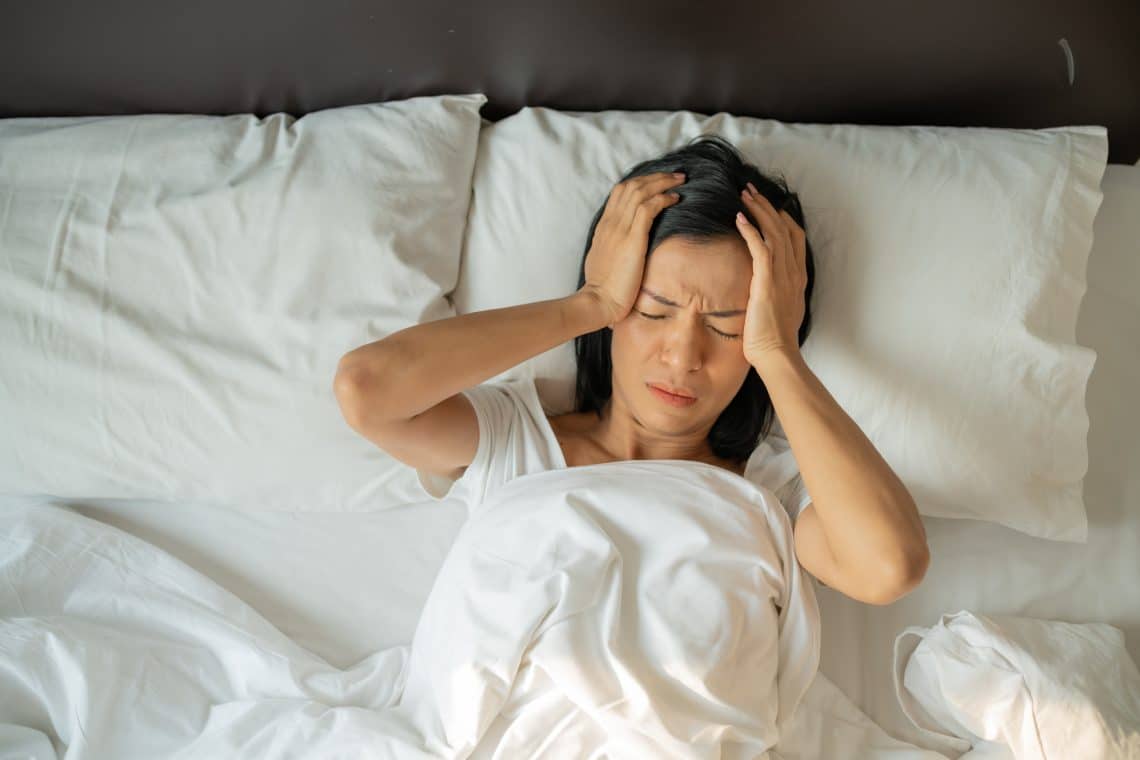








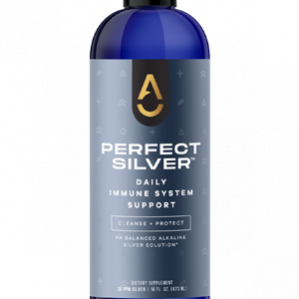
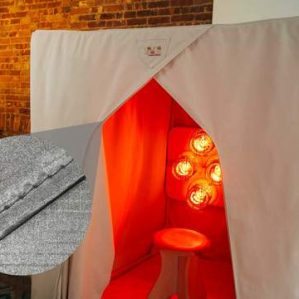
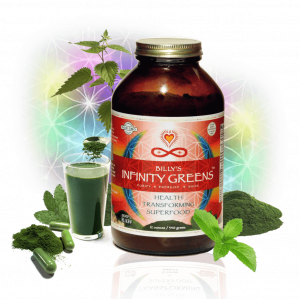
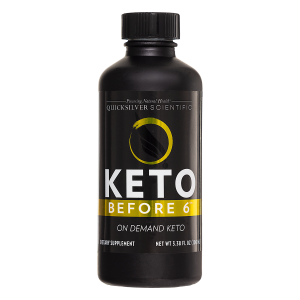












2 Comments
I really enjoyed reading this post, thank you! Fantastic job!
[…] is why health professionals all over the world are now encouraging people to seek help from alternative remedies like essential oils, which are known to be safe, effective, and sustainable for long-term use. […]